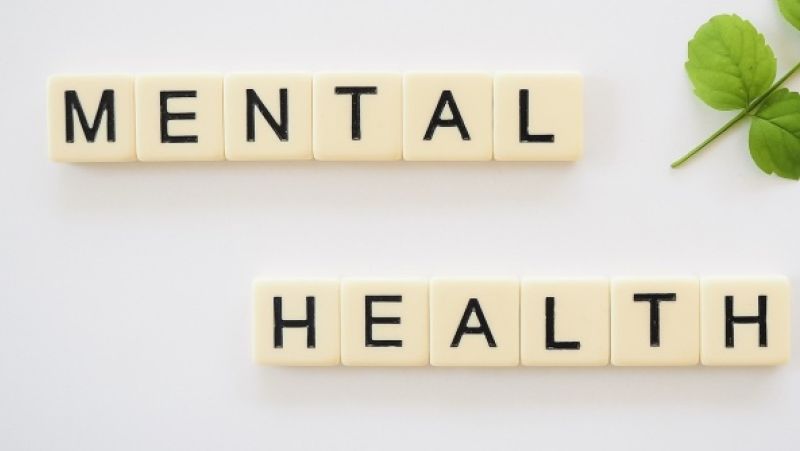
Students face a spectrum of challenges which can interfere with their academic success. One of those challenges may be related to mental health. Whether it is dealing with everyday life stressors, a diagnosable mental health condition or maintaining our wellness, all ranges of mental health need caring for.
What can faculty do to support students’ mental health and well-being?
Set the Tone
Create an environment that is supportive of students’ mental health and well-being in your classroom. Think through the structure of your class and how it may impact a student’s mental health and well-being.
• Include discussions related to mental health struggles
- Reduces stigma
- Normalizes
- Great opportunity to share resources and services (like FREE counseling on campus!!)
• Keep in mind the impact an assignment, reading, activity, etc. may have on a student’s mental health
- Consider offering an alternative if possible and reasonable
• Show compassion and consider allowing for informal adjustments with your student’s responsibilities as appropriate
Observe
Tune in to possible symptoms of mental health struggles. Mental health struggles can be invisible and frustrating to manage for the person experiencing them, as well as those around them. Students may not even realize they are experiencing mental health issues. Your ability to recognize when a student is struggling can be the first step in helping them get the support they need.
If you observe any of the following behaviors, it may indicate a need for mental health support:
• Social Withdrawal
• Declining academic, work, or athletic performance
• Lack of personal hygiene
• Irregular expression of feelings
• Inability to cope with minor problems
Non-judgmental Mindset
Give the benefit of the doubt.
We really don’t know what someone is dealing with unless they tell us. Even if they do tell us, it may be a fraction of the whole situation. Maybe your student is living in an abusive situation… or has undiagnosed depression and does not know how to get help… or their pet died… or this time of year is particularly hard for them because of a traumatic experience they had… or the possibilities are endless really.
Think about a time you experienced something challenging that made it more difficult for you to do your job, focus at work, or do the daily life things that need to be done. You may not have wanted to share why—and that’s ok, but it is safe to assume some degree of grace would have been appreciated. Think about how you would want someone to respond to you in that situation and consider showing that empathy to your student.
While it may be frustrating to hear more “excuses” from a student, or receive another email they will not be in class because of x, y or z, try to avoid making a judgement about the situation. It may be helpful to consider these questions:
• What is going on for them?
• Why might they be responding in this way?
• What is the root of the problem?
The goal of these questions is not to find a specific answer, but to see the situation for what it is through another perspective without assigning a personal belief to it (i.e., it is right or wrong, good or bad) or assume we know all the aspects of the situation. The phrase “it is what it is” applies here. Being non-judgmental does not mean you approve of what is, but rather you are objective and accept what is—even if it does not align with what you believe should or should not be. It is being aware that things are only good or bad, right or wrong if you choose to see them that way.
Actively Support
- Share with your student your concerns and help them access support
- Utilize resources provided to you by Wellness Resource Services and the Cyclones CARE Team
- For additional Mental Health Resources, check out the Mental Health Services Resources webpage
Consult with the Mental Health Professional
- Email Jeanna.franklin@sctcc.edu to set up an appointment
Be familiar community resources available
- Suicide Prevention and Mental Health Crisis Supports
- National Suicide Prevention Lifeline- 1-800-273-TALK (8255)
- 24-hour Local Crisis Hotline- 1-800-635-8008
- 24-hour Crisis Text Line- Text HOME to 741741
Refer
If you have concerns for one of your students, completing a referral form to the Cyclones CARE Team is the best way to help get students connected to services available. To refer students who may need mental health support, complete a Cyclones Care referral form and check the “This is a mental health referral” box.